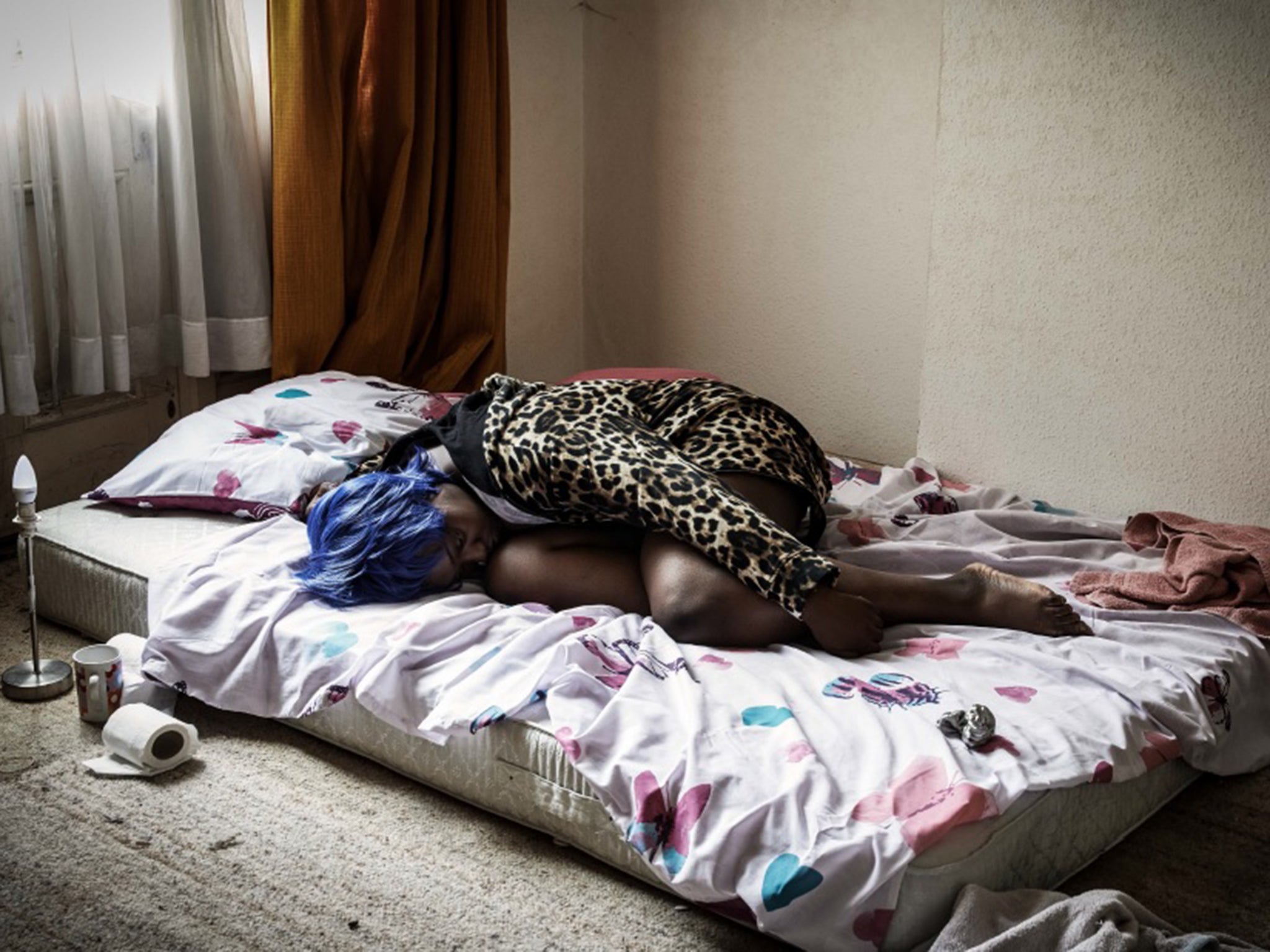Police pose as grooming gangs with teenage victims in operation targeting London hotels
The number of children deemed at risk of grooming in London has risen by 40% in three years

Police officers and teenagers posing as grooming gangs and their victims have been attempting to book hotel rooms across London to test whether staff are spotting the signs of abuse.
The undercover operation saw officers turn up with young cadets – who can be aged between 10 and 21 – carrying large amounts of alcohol. They then tried to pay for rooms in cash and without offering identification.
“The hope was that staff working on reception at the venue would recognise the warning signs, refuse to rent out the room and contact police,” the Metropolitan Police said, but would not give information on how many hotels passed the test.
In the three years to 2017-18, the number of offences linked to child sexual exploitation recorded in London has almost doubled from 602 to 1,107.
In the same period, the number of children assessed as being at possible risk of grooming rose by 40 per cent, from 1,524 in 2014-15 to 2,128 in 2017-18 in the capital.
Many of the hotels visited by police have already been given training under Operation Makesafe, aiming to equip managers with knowledge on how to spot child sexual exploitation and intervene.
The week-long operation aimed to ensure they had passed on guidance on spotting groomers, who are known to use hotels to commit offences, as in high-profile cases in Rochdale, Oxford and Newcastle.
Chief Superintendent Helen Millichap, Scotland Yard’s lead for child sexual exploitation, said the phenomenon remains underreported and that police rely on members of the public being alert to warning signs.
“We would far rather someone alerted us and for it to be a false alarm, than for us to miss a chance to investigate,” she added.
“This is about making sure that the training implemented is being put into practice; and what has been established during previous similar operations, is that there are occasions when the correct action is not always being taken. We have been working closely with those within the hotel industry, who understand the importance of the issue and are keen to support our efforts.
“Where the response is not what we would expect it offers us the opportunity to provide refresher training and re-iterate the warning signs.”
Officers from City of London Police also taken took part in the operation, with a number of hotels within the Square Mile visited.
Detective Inspector Anna Rice, of its public protection unit, encouraged people to “trust their instincts and get in contact with the police at the first available opportunity” if they have any concerns.
Police have warned of the existence of several different “models” of grooming, including online, through personal relationships and using drink and drugs.
Child sexual exploitation can be carried out by adults or other young people who take advantage of a power imbalance, and in person or online.
It often involves the young person being offered drugs, alcohol, money, gifts, cigarettes, mobile phones or supposed affection in return for engaging in sexual activity.
Police say that victims often do not initially recognise the coercive nature of the relationship or see themselves as a victim of sexual exploitation and are unlikely to report it as a result.
One senior officer previously told The Independent that grooming was taking place “in towns and cities up and down the country”.
Chief constable Simon Bailey, the National Police Chief’s Council lead for child protection, previously said much of the current abuse was associated with “county lines” drug dealing, adding: “The ‘Muslim grooming gangs’ are just one model of child sexual exploitation and not the most prolific.”
The home secretary, Sajid Javid, has threatened technology companies with regulation if they do not prevent their platforms being used by paedophiles.
He has also launched an inquiry into the potential “cultural drivers” behind grooming gangs.
“I will ask difficult questions about the gangs who sexually abuse our children. There will be no no-go areas of inquiry,” Mr Javid said last month. “I will not let cultural or political sensitivities get in the way of understanding the problem and doing something about it.”
He said that perpetrators convicted in high-profile cases have been “disproportionately from a Pakistani background”, adding: “I have instructed my officials to explore the particular context and characteristics of these types of gangs and if the evidence suggests that there are cultural factors that may be driving this type of offending, then I will take action.”
It came amid numerous ongoing criminal investigations into child sexual exploitation across Britain.
Police have found offenders from a wide range of backgrounds.
Grooming gangs came into national focus following the scandal in Rotherham, where an ongoing investigation by the National Crime Agency has identified more than 1,500 potential victims.